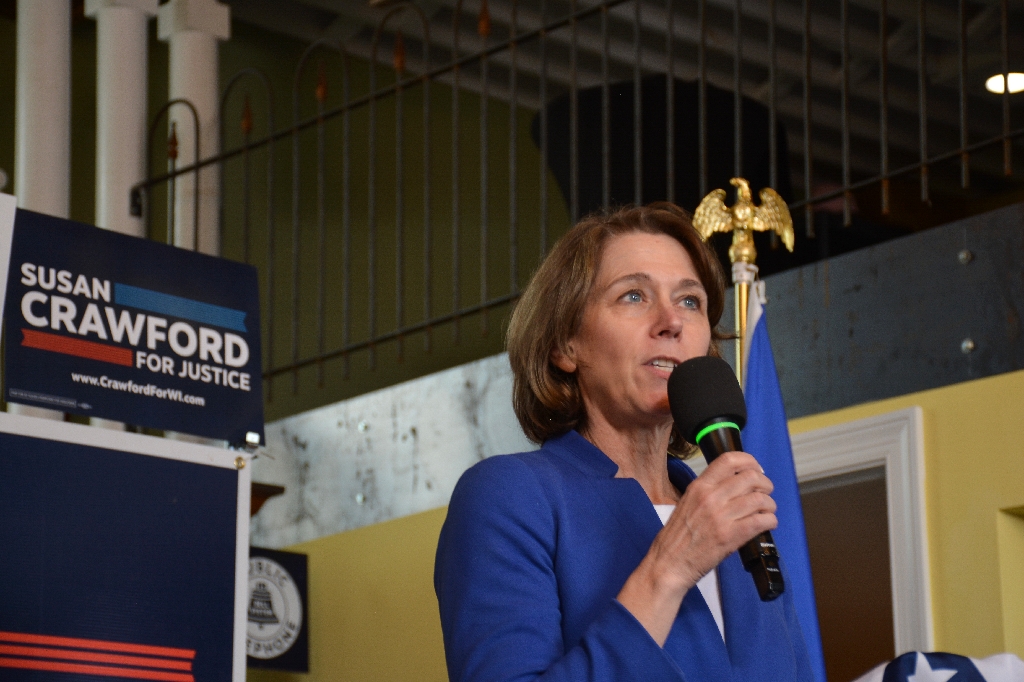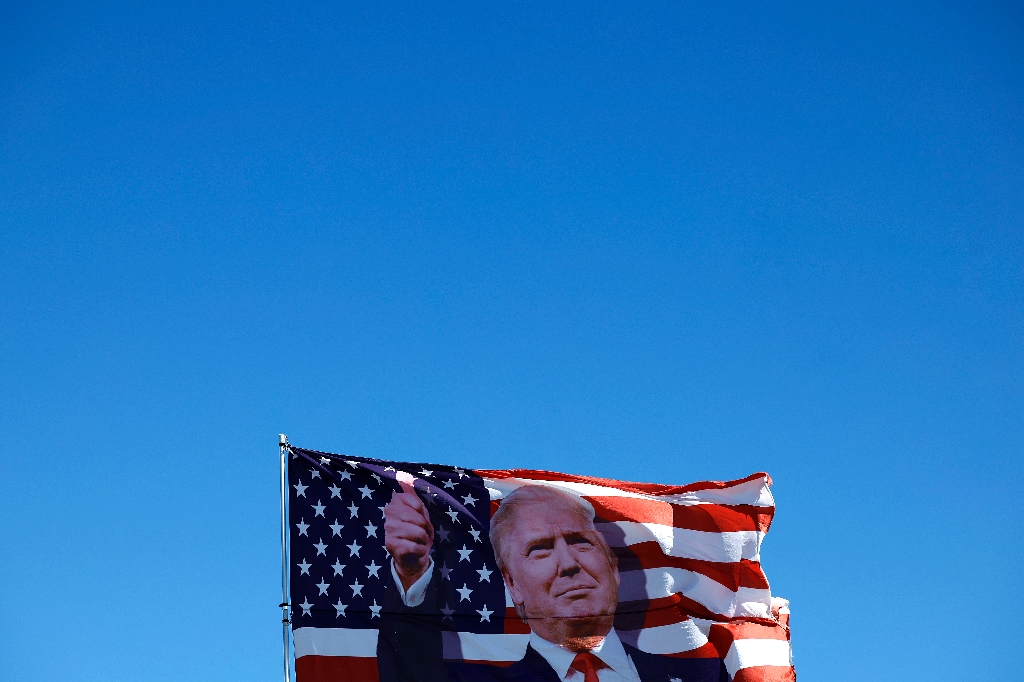US Secretary of State Antony Blinken sought to reinforce a growing partnership with Angola on Thursday, promoting a major infrastructure project and coordinating on conflict mediation, as he capped a tour of African democracies.
Blinken had also visited Nigeria, Ivory Coast and Cape Verde on a week-long trip meant to demonstrate a sustained US interest in the continent, as China and Russia gain influence and the Israel-Hamas war consumes Washington’s attention.
Once a Marxist state battling US-backed rebels in the Cold War, Angola has transitioned into an oil-rich democracy and works increasingly closely with the United States.
In the capital Luanda, Blinken reviewed what he called faster-than-expected work on the Lobito Corridor, the most ambitious US infrastructure project on a continent where China has gone on a building blitz in its search for resources.
“This project has genuinely transformative potential for this nation, for this region and, I would argue, for the world,” Blinken said.
The corridor aims to connect landlocked Zambia, which has been held up by Washington as a model of democracy, as well as the resource-rich but underdeveloped Democratic Republic of Congo (DRC), to Angola’s Atlantic port of Lobito.
The United States has committed to fund 1,300 kilometres (800 miles) of rail and is working with partners including multinational lenders to expand the project eventually to Tanzania, connecting the Atlantic and Indian Oceans.
The route will transport resources critical to the global economy including copper and cobalt, a vital component of smartphones.
Blinken also toured a gleaming new science museum where he promoted another US initiative that will bring resilient seeds, including potentially genetically modified ones, to developing countries.
Standing in front of a table of yams and cassava, Blinken — who two days earlier visited a rice project in Ivory Coast — said that traditional African seeds are “incredibly nutritious, and they can now be made even more resistant to the ravages of climate change”.
“Then we get to the point where Africa is feeding itself and, indeed, probably feeding other parts of the world,” he said.
– Nudge on democracy -President Joe Biden has vowed to prioritise Africa but failed to live up to a promise to visit last year.
Blinken told reporters that Biden still wanted to come, but acknowledged the tight schedule with US elections later this year.
Contact with African leaders remains robust.
Blinken held an extended meeting in Luanda with Angolan President Joao Lourenco, who met Biden at the White House just two months ago.
In contrast with China’s approach, Blinken gently raised internal politics in Angola, saying he discussed the importance of holding local-level elections, which remain absent in Angola and for which the opposition has pressed.
He also called for a greater opening to independent media and welcomed the opening of a second journalism school in Angola as “an important and positive trajectory”.
Many Africans have voiced unease about the West devoting billions of dollars in weapons to Ukraine to defend against Russian invasion, fearing that development is being taken off the agenda.
Angola has historic relations with Moscow but Foreign Minister Tete Antonio on a visit last year by Russia’s foreign minister also told him of concerns about a global escalation of conflict.
“There is an old adage that the best friend is the one who tells the truth,” Antonio said alongside Blinken.
– ‘Essential’ Angola peace role -Angola, no stranger to conflict, has taken a leading role alongside Kenya in seeking an end to unrest in the east of vast DRC.
Blinken said he spoke to Lourenco about “concrete” measures on DRC, calling Angola’s role “essential” and saying the president was “trusted by all sides”.
Talks in Luanda in late 2022 resulted in an agreement for a retreat in the DRC by M23, ethnic Tutsi rebels that Kinshasa says are backed by Rwanda.
But the insurgents have since taken more territory.
Blinken credited US-led efforts, including intelligence sharing, with ensuring calm in the long-turbulent DRC for December elections.
“Now that the election is done, we believe that it’s an important moment to try to forge forward with diplomacy,” Blinken said.
– Shaun TANDON




